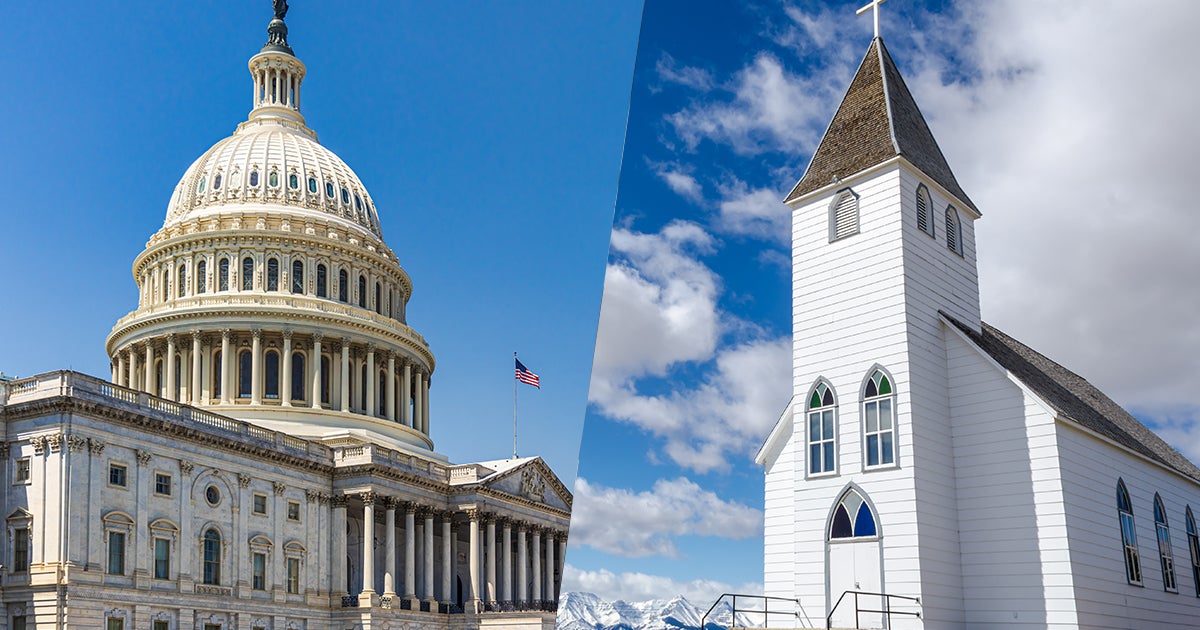
by Jorge Gomez • 5 minutes
Does government have the authority to limit what can be said from the pulpit?
For 70 years, the government has told churches there are certain things they cannot say, especially when it comes to candidates for public office.
Across the country, religious leaders, houses of worship and faith-based organizations operate under the threat of losing their tax-exempt status if they simply speak for or against a political candidate.
The Johnson Amendment was enacted in 1954 to prevent charitable organizations from “intervening” in political campaigns. Then-Senator Lyndon B. Johnson led the effort, and it’s worth pointing out that two Texas nonprofits had actively campaigned against him.
Over time, this provision has been used to bar ministers and nonprofit leaders from making any kind of political statements at their organizations’ functions or in their publications. The rule has also been vaguely and inconsistently applied by the IRS, resulting in a chilling effect.
Senior Counsel Jeremy Dys joined First Liberty Live this week to discuss the Johnson Amendment and legislation pending Congress that could repeal this troubling provision in the tax code. Watch below:
First Liberty secured victories for two churches that were under investigation by the IRS over alleged “political involvement.”
In 2022, during local school board elections, Grace Church in St. Louis, Missouri posted information on its website about local candidates’ positions on cultural issues from a biblical perspective. Two candidates were members of the church.
New Way Church in Palm Coast, Florida was also investigated after the pastor and congregation prayed for a school board candidate who visited and spoke at one of the worship services.
The IRS recently announced that it was closing its investigations of both churches. The agency also affirmed that the churches’ activities did not threaten their tax-exempt status.
“Pastors educate their members on a great many things. Educating members about the political position of candidates with information the candidates themselves provided should never result in an investigation by the IRS,” Dys said. “First Amendment rights don’t end when a pastor, church member or even a political candidate steps on the platform of a church.”
The Johnson Amendment violates our nation’s historic respect for the independence of houses of worship by inviting the IRS to investigate churches for political advantage.
Our nation’s history and tradition are clear: faith leaders, congregations and ministries were never meant to be sidelined or silenced on political matters. The First Amendment protects the rights of all Americans to speak on matters of public concern, including elections and political candidates. Houses of worship were always meant to be able to express support or opposition for the people who seek to lead.